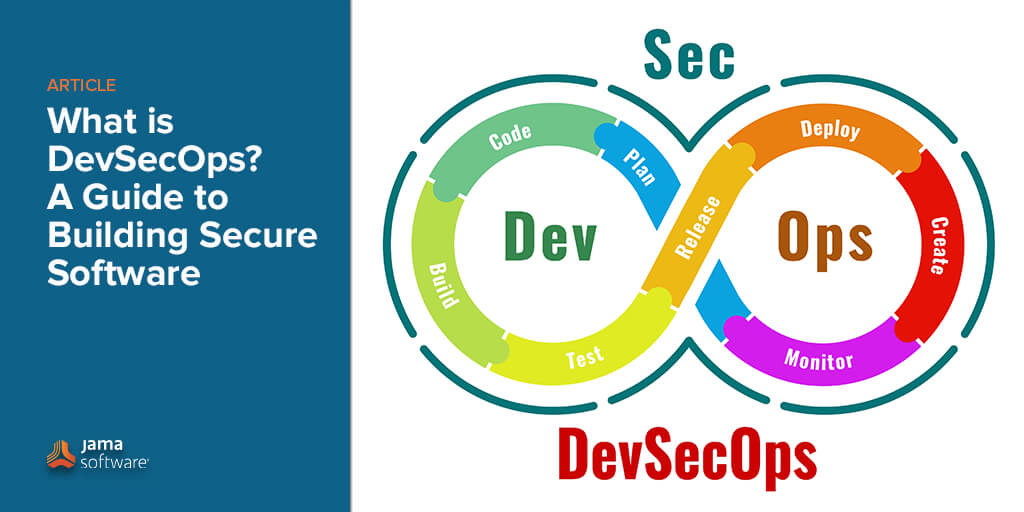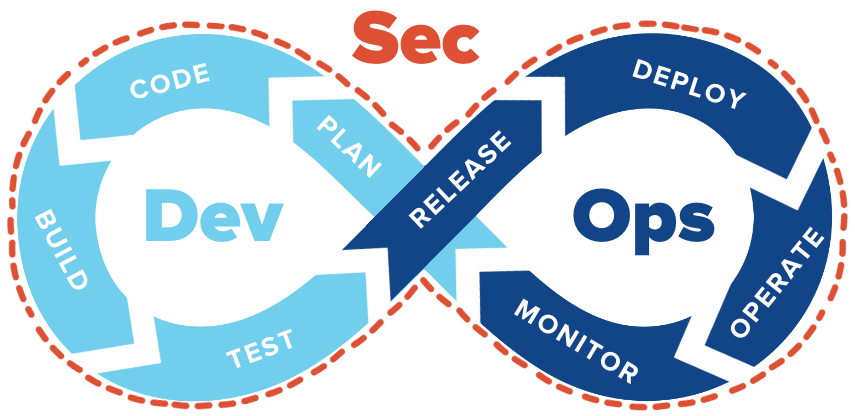What is DevSecOps? A Guide to Building Secure Software
DevSecOps has gained popularity as a secure and dependable software development methodology in the fast-paced world of software development. But what is DevSecOps really, and why is it so crucial?
DevOps is a set of techniques that stresses collaboration and automation between development and operations teams. DevSecOps is the integration of security practices into this methodology. DevSecOps seeks to establish a security culture that guarantees the software is secure and complies with compliance standards by integrating security into every phase of the software development lifecycle, from planning through deployment.
RELATED: Practical Guide for Implementing Software Validation in Medical Devices: From FDA Guidance to Real-World Application – Part I
What are the advantages of DevSecOps?
The ability to identify and address security risks earlier in the development process is one of the main advantages of DevSecOps. This means that security is incorporated into the software at the outset instead of being added later, which can be expensive and time-consuming. Also, DevSecOps plays a big role in decreased risk of security breaches and data leaks by identifying vulnerabilities earlier.
The fact that DevSecOps helps to ensure compliance with laws and standards is another crucial feature of the practice. In many businesses, especially those that deal with sensitive or private data, including healthcare and banking, compliance is becoming more and more crucial. DevSecOps aids in ensuring that the software complies with requirements by incorporating compliance into the development process.
How does DevSecOps work?
What does DevSecOps look like in practice? DevSecOps is fundamentally about cooperation and communication between teams working on development, security, and operations. This implies that everyone bears some kind of responsibility for security, not just the security team. Instead of adding security features later, development teams collaborate with security and operations teams to incorporate security into the software from the start.
The automation of DevSecOps is a crucial element. Automation makes the development process more efficient, reduces errors, and ensures consistency. DevSecOps can aid in the quicker and more precise detection of vulnerabilities and threats by automating security testing and other security operations.
RELATED: Why it Makes Sense to Store Cybersecurity Risk Management Items Inside a Requirements Management System
Ongoing Monitoring with DevSecOps
Continuous monitoring is a key component of DevSecOps. This means that maintaining security involves ongoing monitoring and improvement rather than being a one-time action. DevSecOps can assist in identifying and mitigating risks before they turn into significant concerns by continuously monitoring the program for security threats and vulnerabilities.
DevSecOps also depends on a culture that values security. As a result, security is more than just a collection of guidelines; it’s also a way of thinking and conducting business. Organizations may ensure that security is always a top priority and that everyone is aware of the significance of security in their work by developing a culture of security.
DevSecOps is a vital method of software development that places an emphasis on teamwork, automation, and constant monitoring. DevSecOps contributes to the creation of a security culture that guarantees the software is secure and complies with regulatory standards by integrating security into every phase of the software development lifecycle. Organizations that implement DevSecOps are well-positioned to produce secure and dependable software that satisfies the needs of their stakeholders and customers given the growing relevance of security in today’s society.
There are numerous online resources, like blogs, podcasts, and online courses, that you may use to learn more about DevSecOps. In the world of DevSecOps, there is something for everyone, whether you are a developer, security expert, or operations specialist.
Note: This article was drafted with the aid of AI. Additional content, edits for accuracy, and industry expertise by McKenzie Jonsson.
- Tackling Industrial Manufacturing’s Biggest Challenges: Solutions That Work - October 24, 2024
- How to Overcome Development Challenges: Collaboration & Alignment in Complex Product, Systems, and Software Development - August 13, 2024
- How to Overcome Development Challenges: Proving Regulatory Compliance in Complex Product and Systems Development - July 24, 2024

